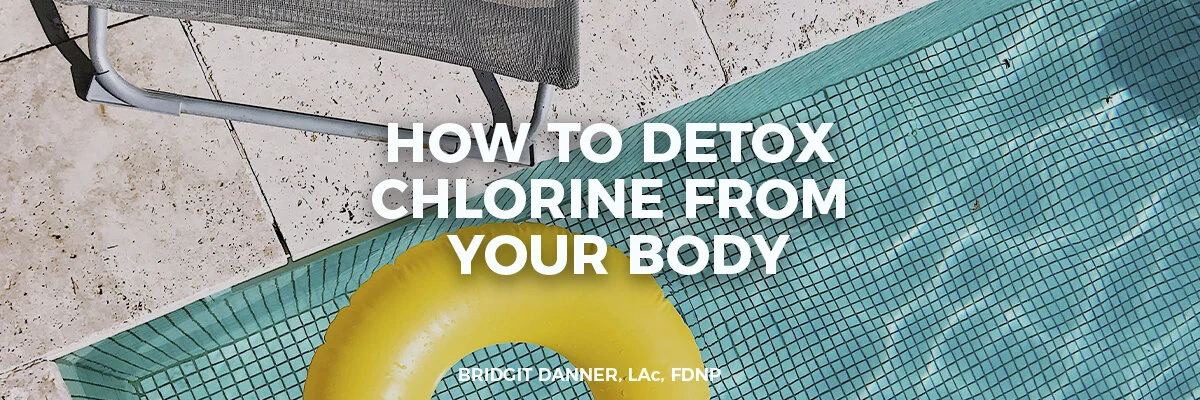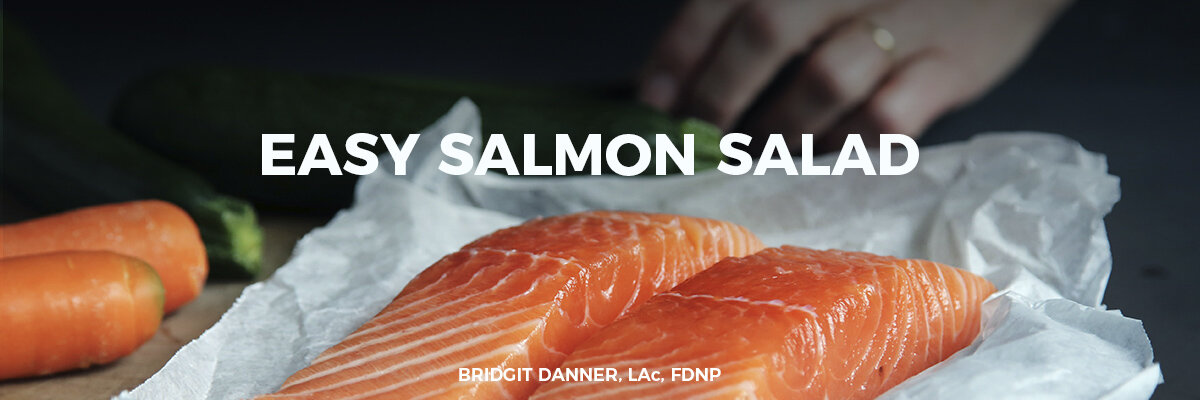5 Mouth Taping Benefits and Why You Should Try it Out
While there are plenty of odd trends in the natural health world, mouth taping may be one of the weirdest.
Yet it’s gaining cred as a simple remedy for everything from snoring to anxiety to bad breath.
Mouth taping’s buzz is steadily building, but it’s still largely misunderstood. So let’s delve into this health hack and explore if it’s a good fit for you.
What Is Mouth Taping?
Mouth taping is just what it sounds like -- taping your mouth shut while you sleep.
Now, I know what you’re thinking. Why would you want to do that?
Well, when your mouth is taped, your body has to breathe through your nose. While mouth breathing may be necessary during exercise or if you’ve got a cold, when it comes to health benefits, nose breathing wins hands down. (1)
Mouth breathing is associated with a ton of health issues including poor oral health, sleep disorders, ADHD, impaired immunity, and anxiety. (2)
The trouble is, many people are mouth breathers and don’t even know it. In fact, it’s estimated that between 30-50% of adults are mouth breathers. (3) If you experience any of the following regularly, you may be one of them:
Frequent cavities
Gingivitis
Bad breath (4)
Asthma (5)
Dry mouth
Sore throat
Snoring
Sleep apnea
Waking up frequently during the night (6)
Teeth grinding
Waking up feeling unrested
Benefits of Nose Breathing
I recently had the pleasure of interviewing dental hygienist Barbara Tritz. She shared all kinds of gems about improving oral health, but this statement in particular struck me:
“The nose is for breathing, the mouth is for eating.” - Barbara Tritz, dental hygienist
So what makes nose breathing superior to mouth breathing? A LOT. Here are some of the major benefits of breathing through your nose:
Benefit 1: Improves Oral Health
Breathing through your nose helps your mouth maintain a protective coating of saliva on your teeth. This helps your mouth maintain a healthy pH and keeps your mouth’s microbiome balanced.
That means less tartar, cavities, gingivitis and bad breath. In fact, Dr. Mark Buhenne, DDS of Ask the Dentist states that nose breathing is more important for cavity prevention than diet or dental hygiene! (7)
Benefit 2: Improves Sleep
Breathing through your nose while you sleep not only reduces snoring, but facilitates deeper, more restful sleep. One study found that subjects with obstructed nasal cavities awoke more frequently, took longer to reach REM sleep, and spent less time in REM deep sleep states. (8)
Benefit 3: Produces Nitric Oxide
When you breathe through your nose, your body produces nitric oxide. In fact, 25% of your body’s nitric oxide is produced in your nasal passages. (9)
Nitric oxide is a molecule naturally produced by virtually every cell type in your body. It’s main function is vasodilation, meaning it relaxes your blood vessels to improve circulation. Nitric oxide also:
Improves immunity
Decreases inflammation
Enhances gastric motility
Improves sleep quality
Enhances endurance
Has anti-aging effects
Our bodies naturally produce less nitric oxide as we age. (10) So believe it or not, nose breathing may put your night cream to shame when it comes to keeping your skin youthful.
Benefit 4: Eases Anxiety & Depression
Nose breathing naturally slows down your breathing rate. Slower breathing stimulates your body’s parasympathetic nervous system, helping you chill out and exit “fight or flight” mode.
A review of recent research found that slowing your breath can ease symptoms of anxiety, depression, and insomnia. (11,12)
Benefit 5: Improves Immunity & Decreases Allergies
You already have your own personal air purifier...your nose! When you breathe through your nose, your nasal hairs naturally filter out dust, pollen, and allergens. Nose breathing also naturally humidifies and warms air, making it easier for your lungs to utilize.
Is Mouth Taping Safe?
While the idea of taping your mouth shut can sound scary, mouth taping is safe for most people. However, it’s not recommended for people who have:
Deviated septum
Chronic allergies
Sinus disease
Adenoid enlargement
Small nostrils
If you have none of the above, but are still a little uneasy about mouth taping, start small. Try taping your mouth shut for short periods of time, like while you’re doing dishes, driving to work, or folding the laundry.
How to Try Mouth Taping
Ready to put mouth taping to the test? Here’s a few tips to get you started:
Use lip balm. Apply some natural lip balm to your lips (and around your lips) before applying the tape. This will not only make removal much easier but also prevent any lingering stickiness.
Choose the right tape. While using plain surgical tape works fine, there are some brands like Somnifix that sell special mouth strips. They’re hypoallergenic and each strip has tiny vents so that if your nose gets stopped up, you’ll still breathe easily. The Somnifix strips also prevent morning stickiness, even without lip balm!
Mold your tape for easy removal. If you’re using surgical tape, tear off a bit more than you’ll need and fold the ends down to create tiny handles. This’ll make morning removal a snap.
Start small. Mouth taping can be intimidating at first. Try taping your mouth for small chunks during the day before you attempt an all-nighter. You’ll reap benefits even if you aren’t taping a full 8 hours.
Other Helpful Mouth Taping Tips
Here’s a few things you can try to take your mouth taping next level:
Practice breathwork. Being mindful of your breath during the day can help ease into mouth taping at night. Try some alternate nostril breathing for a few minutes each day to build your nose breathing muscles.
Use a neti pot. Rinsing your sinuses just before bed will make it that much easier to nose breath all night.
Try some Biocidin. For an extra immunity booster, use some Biocidin Throat Spray just before you tape up for the night. This antiviral, antifungal, and antibacterial formula knocks out the bad bugs before they set up shop.
Looking to Up Your Oral Health Game?
BioBotanical Research offers some game-changing products to improve your oral health.
Check both our:
Both are formulated with herbs and essential oils designed to remove biofilm and plaque, while preventing gum loss.
Bridgit Danner, LAc, FDNP, is trained in functional health coaching and has worked with thousands of women over her career since 2004. She is the founder of Women’s Wellness Collaborative llc and FunctionalDetoxProducts.com.












The thought of a coffee enema might leave you in shock, but it’s actually a practice that has been used for thousands of years. I’ve seen the correct implementation of coffee enemas truly transform energy, gut health, antioxidant status and more. Learn the right way to do a coffee enema!